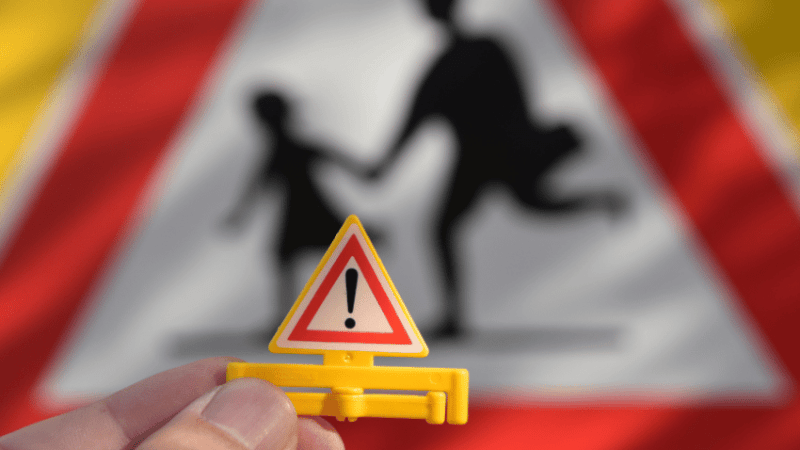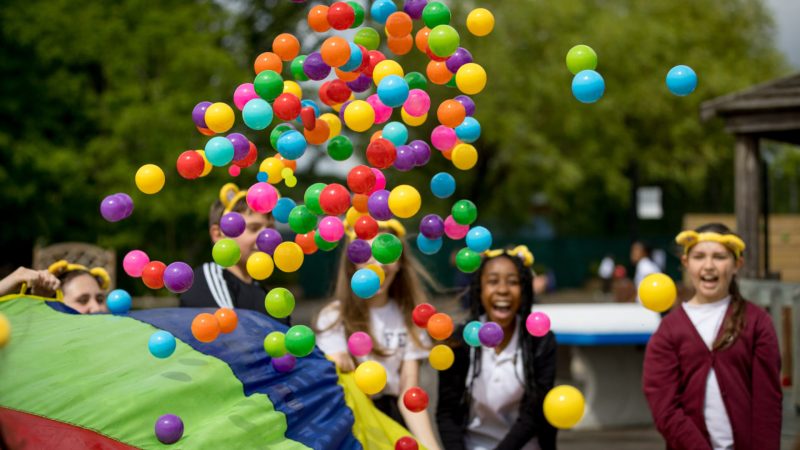Teacher stress – We have a responsibility to avoid burnout
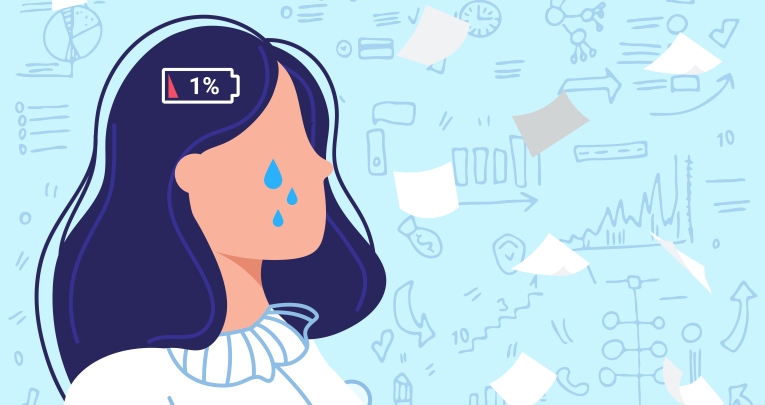
The possibility of workload wearing us down is always just around the corner, so we must take time to recharge our batteries and make sure we have a teaching stress-management plan, says Dan Edwards…
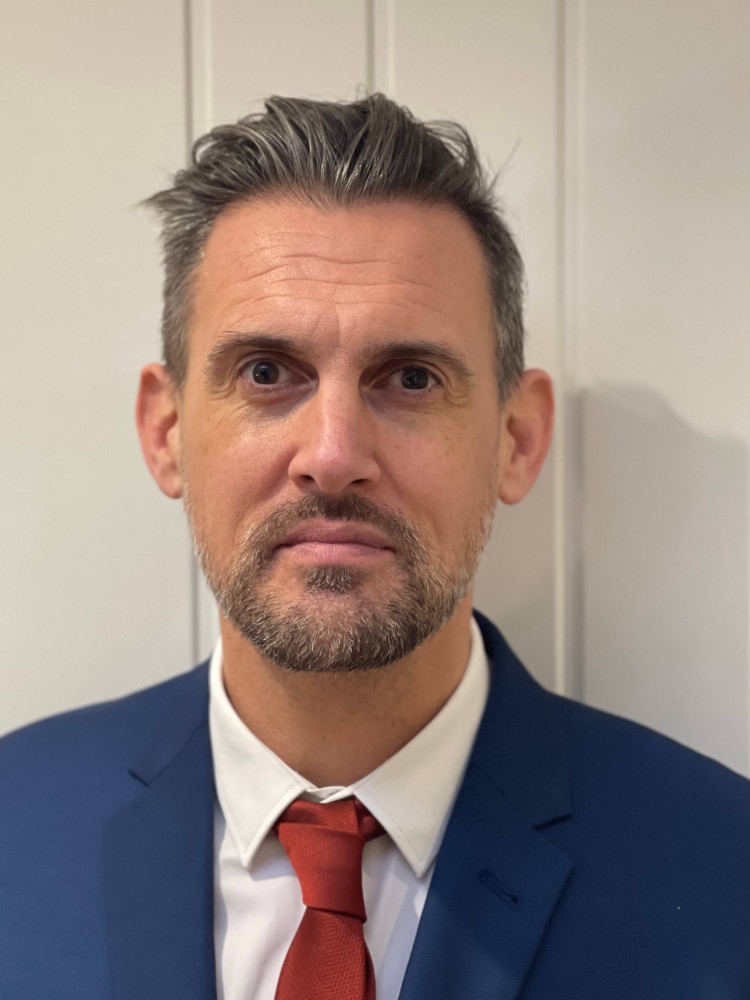
- by Dan Edwards
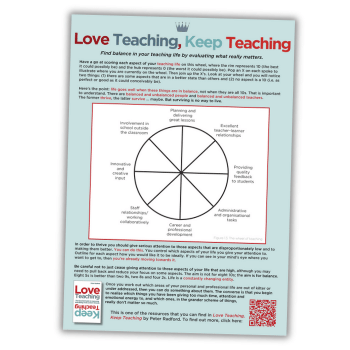
This time of year is always hard for everyone, even when we’re not in the midst of the global pandemic caused by Covid-19, having to adjust to blended learning all on top of teacher workload and stress levels being what they are in recent years.
It’s the time of year year when resolutions made at the strike of midnight on New Year’s Eve suddenly take a nosedive.
As the wheel of the new term starts to revolve, our concentration shifts to that of preparing for the summer term, assessments in whatever form they will take and, of course, the many changes in education that may be ahead.
With the future changing in front of our eyes on a weekly and sometimes daily basis, it’s key that we keep self-care and mindfulness high on our list of priorities in order to keep teacher stress at bay.
Teacher workload
Teaching and education is, in essence, transactional, from the carefully planned and sequenced sharing of knowledge and skills to pupils and the timely and effective administration of good practice to develop our staff teams, to the successful distribution of information to ensure sustained and positive relationships within our wider school community.
All of these transactions are for the betterment of our schools and, without doubt, our pupils.
To do all of this effectively, our individual and collective cups need to be full. Not overflowing, not sloshing precariously over the brim and splashing the toes of our smartly polished shoes, but carefully measured to ensure there is enough available to support our individual roles in school and, if needed, to top up those who are becoming empty.
Teacher wellbeing
To keep my cup full, I run on a daily basis. It gives me the time to reflect, recharge and keep the work-life balance as balanced as I can make it. It’s not perfect, but I’m beginning to know how to ensure I support my self-care and avoid teacher stress.
Don’t get me wrong, sometimes my sense of motivation feels like it’s trapped in a dusty, battered box lodged at the back of a cupboard, but running always keeps coming back to move me forward.
Let’s use the analogy of a relay race. Imagine being in the final handover position, waiting with anticipation for the baton. Unfortunately, the runner currently holding the baton, the one you are waiting so patiently to receive, has had to run a marathon.
They are tired, broken, worn-out, wobbly and miles behind the other runners. Their cup is empty, or nowhere to be seen. Furthermore, no one saw it was missing, or that it didn’t have anything in it before the race even started. The impact, however, is noticed by all.
The key to keeping a full cup is to make time to fill it. No matter how busy and hectic our lives may be, burnout is always around the corner. It hides, lying in wait, and when we are least expecting it it silently sits alongside us.
It’s evident that we all need to take time for ourselves, in school and at home, and rediscover the activities that enable us to keep our cup brimming, that keep stress and burnout in check, but sometimes we forget.
Mental health
For some, like me, it might be running. For you it might be reading, meditation, yoga, singing in a choir, playing an instrument, knitting, bungee jumping, learning a new language, cooking or simply taking the time to stop, switch off and spend time with friends and family.
Whatever it is, we have a responsibility to make sure that we take time to recharge; to replenish our cup in order to pour again, to avoid teacher burnout.
It’s critical for those of us who are leaders to ensure that we construct and embed cultures within our schools, institutions and organisations that look out for those colleagues whose cups are not yet full, who are barely coping.
We need to provide development opportunities for those who don’t know yet how to fill them and, sadly, support those who may have lost their cup completely because of the systems and processes we, or the custodians before us, have put in place.
Our work in education is vital. Now, more than any other time in our careers, we need to ensure we are all still standing to support the children and families who belong to our school communities. With the Easter holidays only a few weeks away, what better time to find out what fills your cup?
Dan Edwards is principal of a large primary school in Leicester. Read his blog at leadinginthenow.org and follow him on Twitter at @danedwards_77. Download a teacher burnout self-evaluation worksheet.






